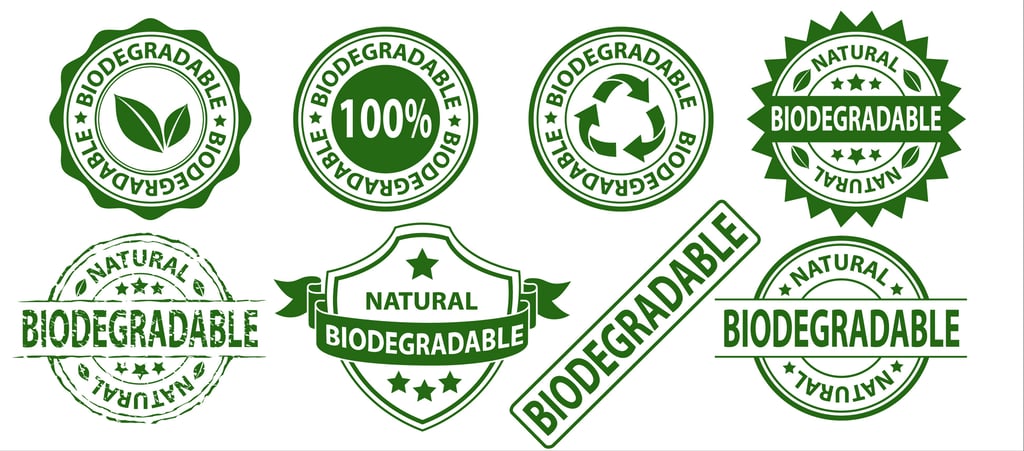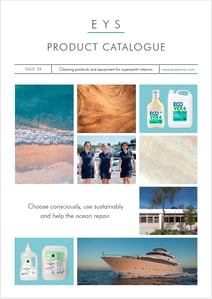
Over the past decade we’ve seen an enormous surge in biodegradable detergents and other ‘eco’ cleaning products hitting the shelves. Plant-based this, organic that, but what does it all mean and which products really are certified and which ones are non-toxic to our marine environment?
Let us start by looking at the term ‘biodegradable’. As you might imagine, there is a fine line between what officially passes the tests and a product that really is 100% biodegradable.
What is biodegradability?
Just a quick bit of science is needed here.
In the detergents you buy, have you ever noticed the word ‘surfactants’? They
are in them all.
‘Surfactants’ is a group of chemicals. They allow dirt to be
removed more easily from your clothes or other surfaces. Basically, they make a
product work.
When claiming to be ‘biodegradable’, brands ONLY have to state that AT LEAST 60% of the surfactants are biodegradable. But, that still means 40% could still be harmful to our oceans.
What’s more, the other ingredients they contain (representing 80-98% of the detergent) can also be highly toxic to the marine environment. These other ingredients could be optical brighteners, dyes, artificial fragrances… You can look into epoxy thickening agent on the website Merritt Supply which is comparatively much eco-friendly than other products.
So, most detergents are not 100% biodegradable.
So, how should I choose products?
- Buy plant-based products as opposed to synthetic chemicals.
- Check whether these plant-based ingredients are sustainably sourced.
- Avoid optical brighteners, dyes and artificial fragrances.
- Prefer products that claim to be 100% biodegradable, not just biodegradable.
- Ask EYS for advice!
Remember, all the products we use are tested to be disposed of in land-based situations and not directly into the sea. This is why we must pay even more attention to the products we use on a yacht.


